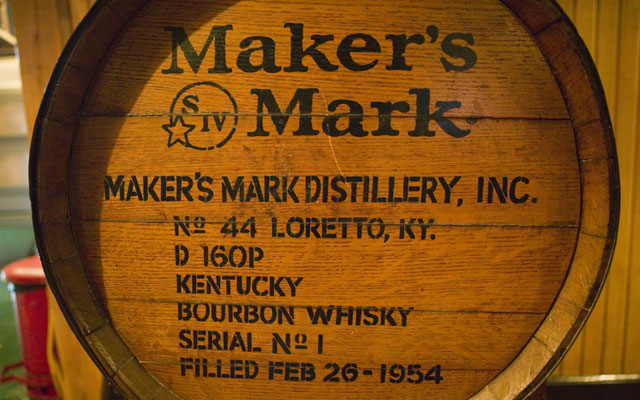In most states, alcohol is regulated but available to adults. Picking up a six pack of beer at the grocery store to share with friends or a bottle of wine for dinner with your spouse is relatively straightforward.
However, it’s much more difficult in Pennsylvania, where the state government controls all wine and liquor sales and has done so since the repeal of the 18th Amendment in 1933.
A new report by the Commonwealth Foundation and Keystone Politics shows that a growing majority of Pennsylvanians are ready for the state government to get out of the business of selling wine and spirits. Two-thirds favor ending the state’s monopoly on alcohol sales and regulation.
Back in 1933, then-Governor Gifford Pinchot supported Prohibition and promised to make the sale of alcohol as “difficult and expensive as possible.” The system he created still exists in large part today.
Pennsylvania is one of only two states that maintain a complete monopoly on both the distribution and sale of wine and spirits. Beer can be purchased only through beverage outlets (cases only) or restaurants (with limits in size and amount) that have Pennsylvania Liquor Control Board licenses.
That means grocery stores are losing out on what, in many states, makes up a crucial part of their business. Neighboring states, including Delaware and New Jersey, are making it easier to purchase alcohol, drawing business and revenue from Pennsylvania. More than half of businesses surveyed reported going out of state to make their purchases. For customers, fewer stores selling alcohol means less competition, higher prices, and overall inconvenience.
Republicans, who control both the House and Senate, have yet to pass a unified bill for Governor Tom Corbett (R) to sign. They should consider the fact that more than half of the voters surveyed said they would more likely consider reelecting their legislators if they do vote for privatization. It would also drive down prices and increase employment at grocery stores, convenience stores, breweries, and restaurants.
State control of alcohol sales is a baffling example of a Progressive policy that’s hung around long past its expiration date.
Curtis Houck is currently a member of the Young Leaders Program at The Heritage Foundation. For more information on interning at Heritage, please click here.




























